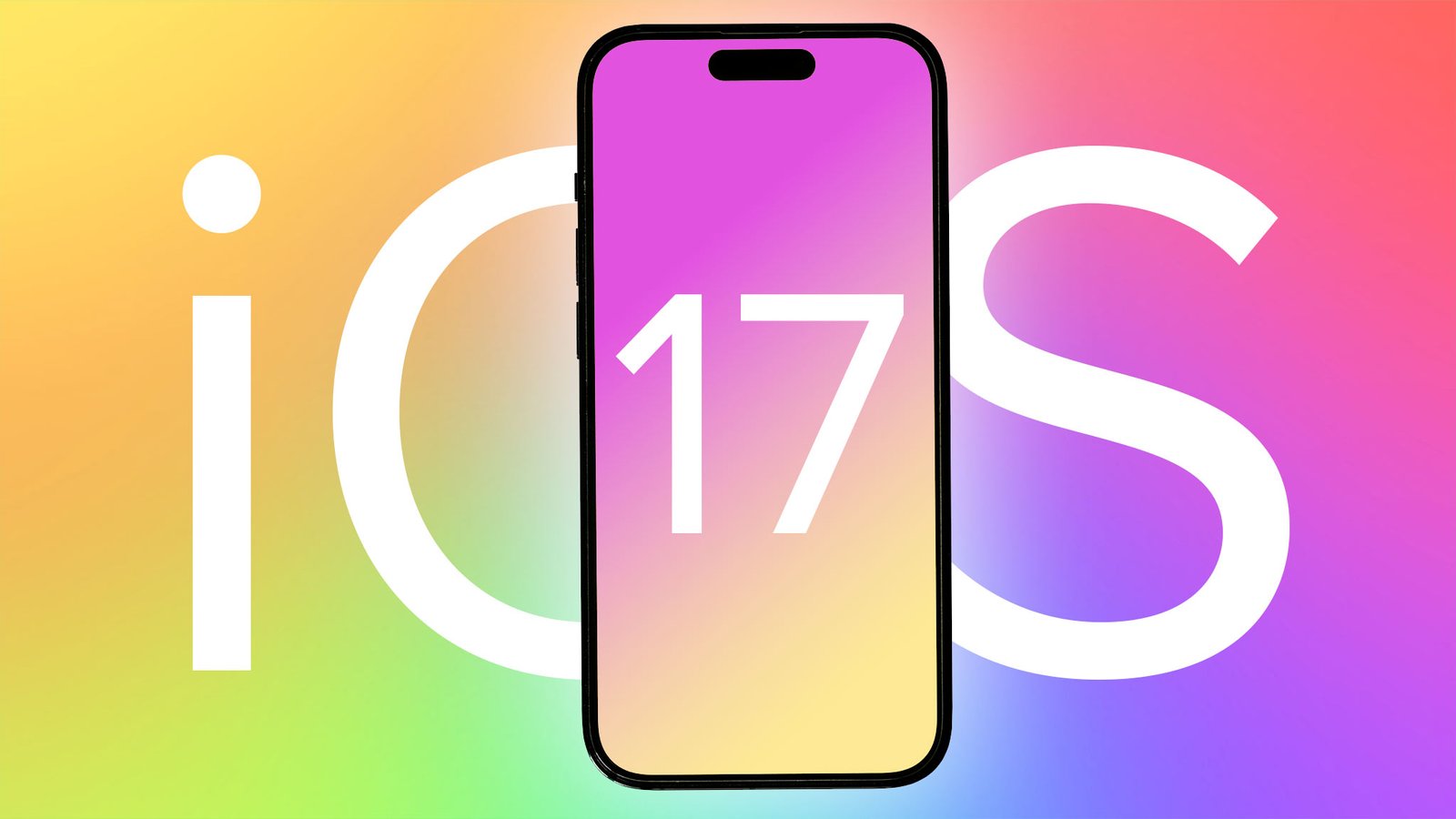Apple’s introduction of iOS 17.4 has sparked significant changes in the European Union (EU), particularly affecting the functionality of iPhone web apps. This move, aligned with the EU’s Digital Markets Act (DMA), signifies a pivotal shift in Apple’s approach to web app support, app distribution, and browser engine requirements on its devices.
Key Highlights
- Removal of Progressive Web App (PWA) Support: iOS 17.4 beta versions have removed PWA support for EU users, disrupting the functionality of web apps by disabling their ability to run independently of the Safari browser.
- Compliance with the Digital Markets Act: The changes aim to align with the DMA’s requirements, offering developers more freedom in app distribution and browser engine choice.
- Impact on Developers and Users: Developers face new challenges and opportunities in distributing their apps, while users in the EU may experience changes in how they access and use web apps on their iPhones.
Apple’s adjustments to iOS, Safari, and the App Store in the EU come as a direct response to the DMA, with the company introducing over 600 new APIs, expanded app analytics, and alternative browser engine support. These changes offer developers new avenues for app distribution and payment processing, alongside reduced commissions and a new “Core Technology Fee” for apps exceeding certain download thresholds.
However, the removal of PWA support has stirred controversy. PWAs, which allow websites to be used as apps by adding them to the home screen, have seen significant investment from Apple in the past, with enhancements like push notification support. The decision to disable PWAs in the EU has led to the deletion of web app data and the loss of notification functionalities, raising concerns among developers and users alike.
Apple’s adjustments in the EU underscore a broader regulatory push towards more open digital markets. The DMA’s requirements, aimed at breaking down monopolistic practices and fostering competition, signify a turning point for major tech companies. By allowing alternative browser engines and app stores, the DMA challenges the closed ecosystems of platforms like iOS. However, this opening also raises questions about the future dynamics of app distribution and browser competition, potentially altering the strategic landscape for developers and tech companies.
This move also reflects broader regulatory pressures on Apple to open its platform to more competition and choice. The DMA targets major digital platforms, aiming to ensure fair competition and innovation. Apple’s compliance indicates a significant shift in its historically controlled ecosystem, allowing for alternative app stores and browser engines not based on Apple’s WebKit. This transition, while aimed at fostering competition, introduces new security and privacy considerations, with Apple implementing safeguards like Notarization for iOS apps to mitigate potential risks.
Apple’s recent updates in the EU represent a delicate balancing act between regulatory compliance, developer freedom, and user security. While the changes could democratize app distribution and browser choice, they also challenge Apple’s unified ecosystem approach, potentially complicating the user experience. The impact of these changes will likely unfold over the coming months, as developers and users adapt to a new landscape for iPhone apps and web browsing. This period of adjustment marks a crucial test for Apple’s commitment to security and privacy, amidst broader efforts to foster a more competitive digital market in the EU.



















